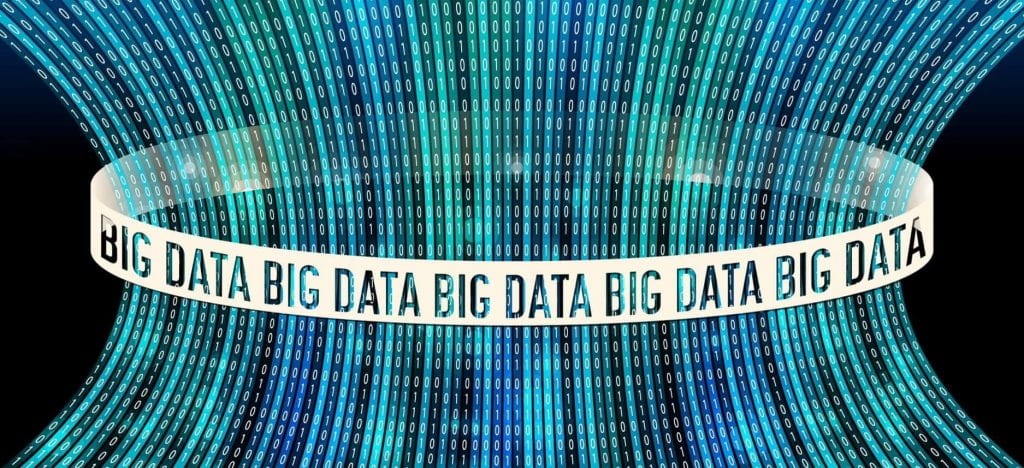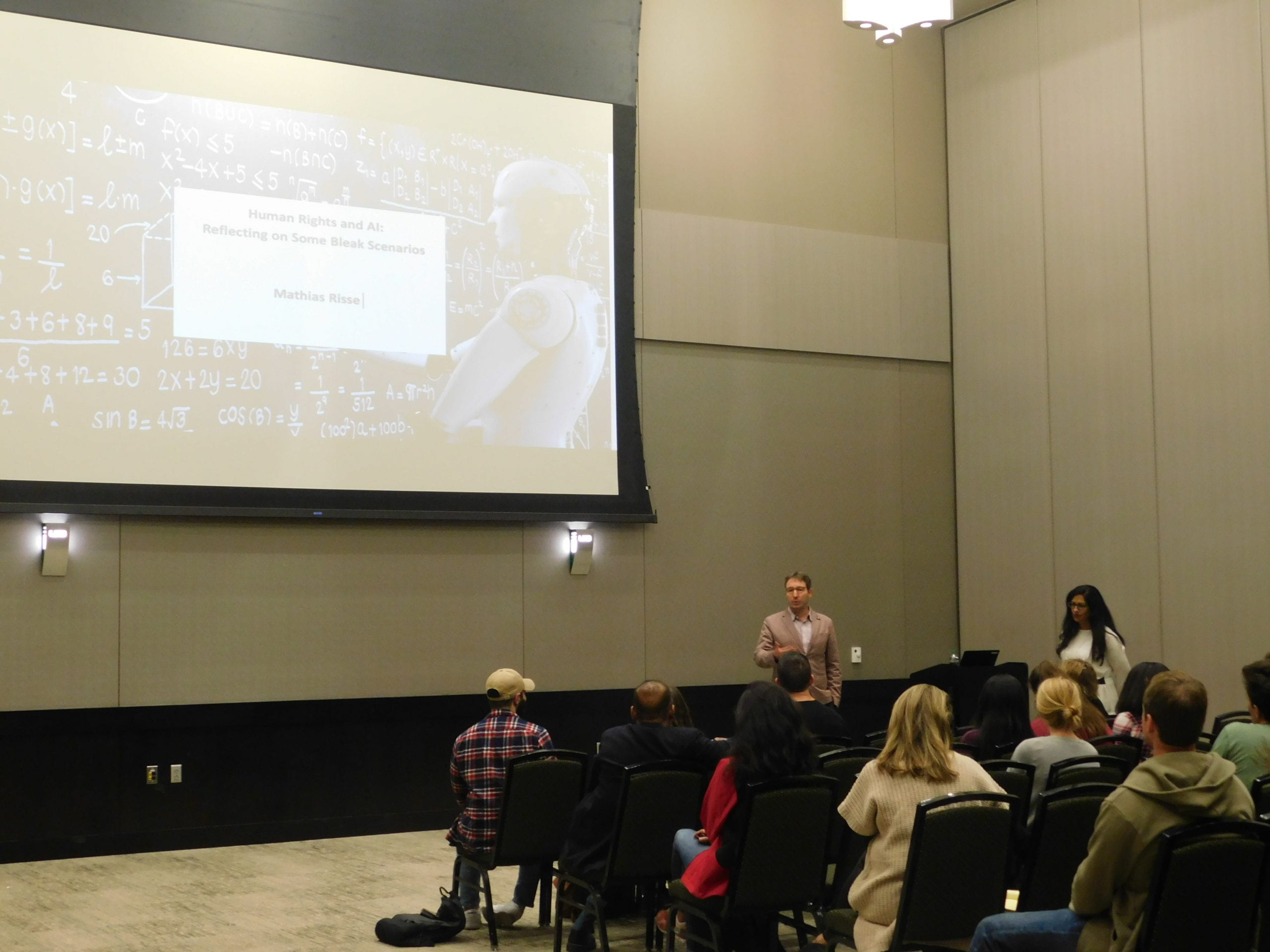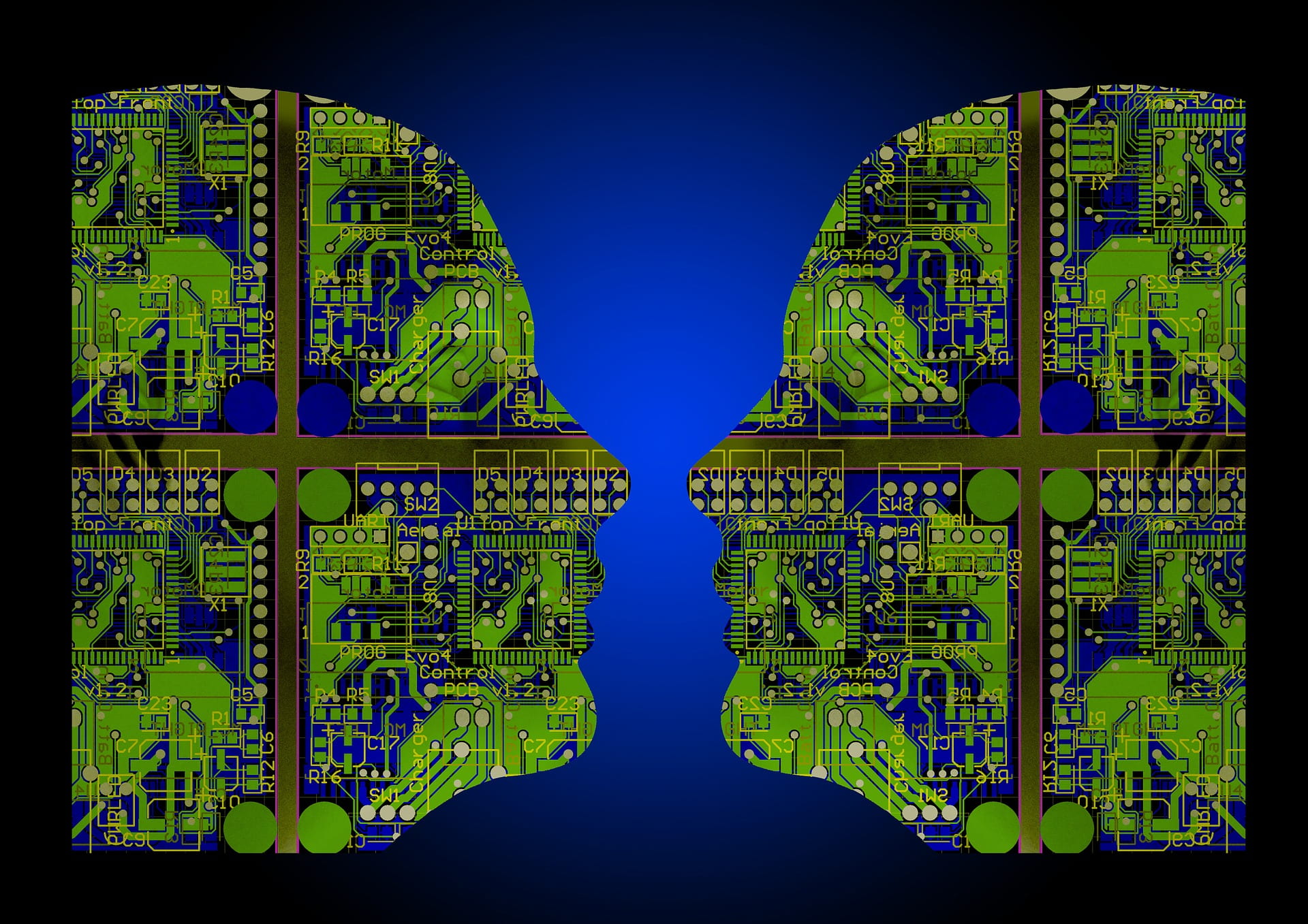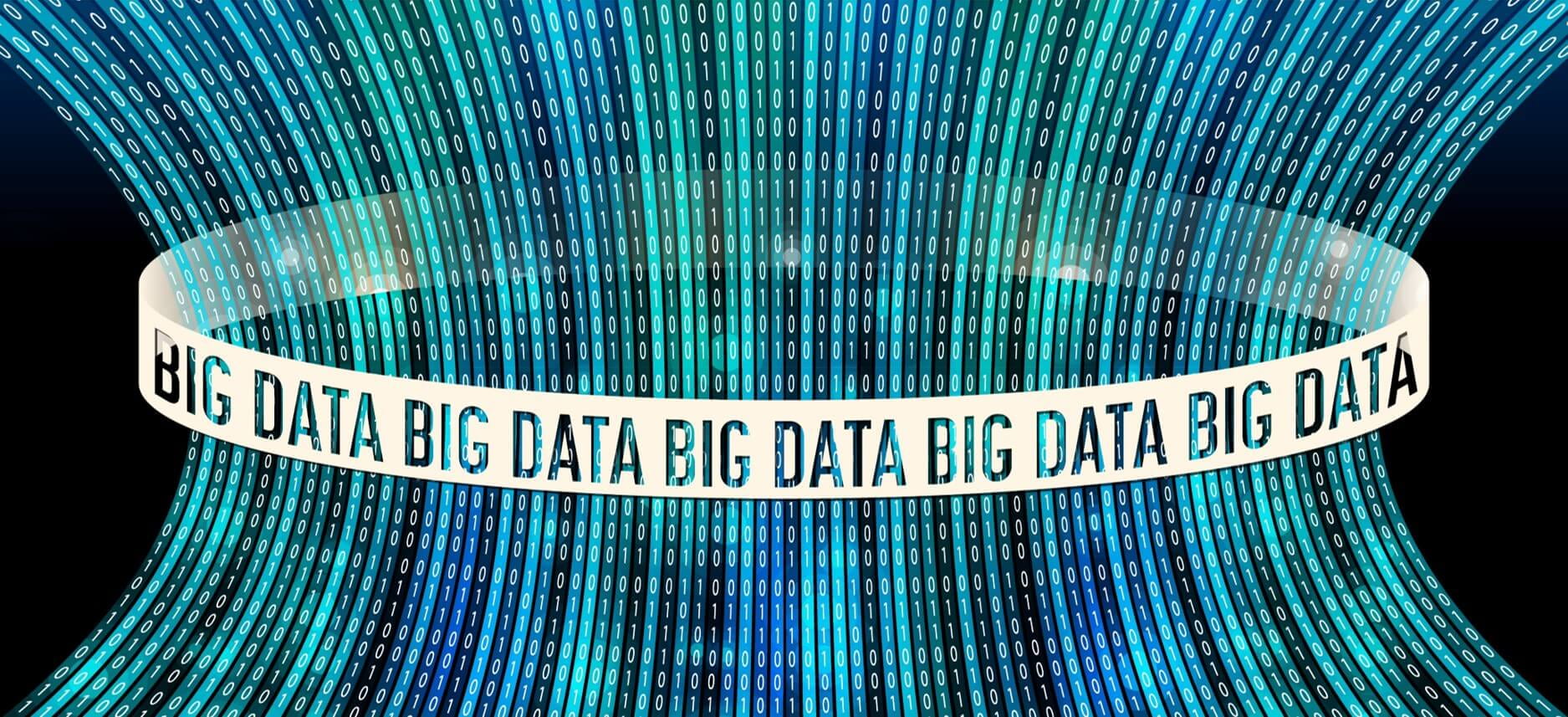
What Is Big Data?
Big Data refers to the collection and use of massive volumes of data to study, understand, and predict human behavior. Big data or predictive analytics is a new field that is growing fast. In order to predict human behavior with a high degree of accuracy, data researchers require millions of data points. Collecting this data is far easier than using it to make useful predictions. A large portion of these researcher’s work lies in organizing and manipulating the data into a format that allows for detailed analysis to be conducted. Researchers make use of highly advanced algorithms to process data and make useful predictions about future human behavior. Many of the world’s largest tech and social media companies, including Google, Amazon, Facebook, Twitter, and Snapchat are at the forefront of this industry. In this article, I will focus on the cases of China and Facebook. To clarify Big Data and Artificial Intelligence are not the same thing. Rather Big Data is a general term referring to the collection of massive amounts of information and algorithms to make predictions on future outcomes. Artificial Intelligence falls under Big Data but it is a distinct subcategory that refers to the programming of computers to do tasks that normally require human intelligence. This can range from Tesla’s self-driving car mode, Siri’s speech recognition, or Amazon’s predictions for shopping habits.
The primary reason is that these companies are perfectly positioned to make use of Big Data. Each of these companies has access to the information of millions of their users and customers, which allows them to fulfill the massive amount of data needed for Big Data research. Many governments are also becoming increasingly involved with the use of predictive analytics. Examples of the use of Big Data are counter-terrorism, personalized ads, increasing work productivity, and predicting virus outbreaks.
Why Is Big Data Concerning?
While Big Data presents many possibilities for good, it raises many moral and ethical concerns. The primary concern is an individual’s right to privacy online. In the United States and many countries around the world, personal rights to privacy in the physical world are well established. Law enforcement, or anyone for that matter, cannot search our belongings, homes, cars, or persons without consent unless there are legal grounds for probable cause and a warrant to search. However, most of these laws and regulations fail to extend to privacy rights for online activity. The quick rise of the Internet and the rapid pace of technological innovation has left these laws outdated and inadequate for the modern age where the Internet is a daily requirement for many peoples’ lifestyles. The Internet is necessary for most jobs, access to the news, social connectivity with friends and family, entertainment, and freedom of expression. One could make the argument that access to the Internet is an ‘inherent and inalienable’ human right under the ‘preservation of life, & liberty, & the pursuit of happiness’ guaranteed to all men in the Declaration of Independence. With it being the case that the Internet is an essential part of our lives that are increasingly becoming bigger and bigger, shouldn’t our rights to privacy extend to our time on the Internet? This is the human rights case being made for the creation of online privacy laws.
How Does Big Data Affect Me?
Currently, governments and companies are utilizing our information as they see fit with very little or in some cases no consent or oversight. Big Data has become a valuable commodity that is being bought and sold between these entities. Almost every aspect of our lives that is possible to monitor is being tracked with the widespread use of surveillance cameras, logging of browser search history, online purchasing habits, flight reservations, financial records, social media posts, and physical appearance and security data. Private companies, such as Facebook and Google, are using this data to create millions of detailed user profiles. These companies then monetize their customer information by selling access to other companies, governments, and organizations attempting to conduct research, target ads, or make other use of this massive amount of information. It is hard to even imagine how large Big Data is. The majority of billions of peoples’ online activities are being stored and collected. The data is so huge that no computer’s hard drive can store it all and it must be accessed through the cloud. Giant server farms located all around the world maintain and hold onto this personal data.
With this much personal information on this many people, there is a great risk for abuse. There are many well-documented scandals of misuse of personal data and illegal online surveillance by many governments. Companies have come under pressure for hacks and bugs that have exposed personal information on users, many of which weren’t even aware that their information was being collected. These instances are clear violations of basic human rights to privacy and further highlight the need for online privacy legislation.
China’s War on Online Freedom & Privacy
China is the largest country in the world by population, the world’s third largest economy behind only the United States and the European Union, and very advanced in terms of education and technological innovation. However, it also is responsible for the largest case of mass censorship, denial of freedom of Internet access, and mass online tracking and surveillance the world has ever seen. In 1995, China allowed the general public to have access to the Internet. However, the regime quickly realized the potential for political opposition movements to utilize the Internet as a means of protest and call for change. To combat this, the leaders enacted laws that punished those who used the Internet and posted anything that could be deemed to “hurt national security or the interests of the state.”
To enforce these laws the government invested heavily into a means of removing information that violated these terms and regulating the flow of data into and out of the country. This tool has become known as the “Great Firewall of China.” When Xi Jinping became president in 2012, he restricted access to the Internet further and increased the penalties for violating the country’s strict Internet laws. Xi mounted a heavy offensive against any resistance by arresting many individuals and punishing dozens of companies for violating his policies. China, under his rule, employs over two million people just to regulate and censor information that is contrary to the “interests” of the country. This has culminated into what has been labeled the Great Cannon, a massive team of Chinese government hackers that targets any site in violation of Chinese internet regulations.
China is a clear example of the dangers of the government having too much control over the internet. With no transparency or oversight, governmental abuse of power will often result. Xi was able to single-handedly suppress over a billion people’s rights, beliefs, and access to news and important information. These are risks when rights to the Internet and online privacy are not protected through legislation. Internet access and privacy laws will safeguard against the government violating the rights of citizens.
Does Facebook Care About My Privacy?
On the other end of the spectrum, the absence of regulation can also be detrimental. A lack of stringent internet privacy laws to control how big tech companies in the US can use the information of their user base has led to many citizens privacy rights being violated. One of the most alarming incidents came this past year with the Cambridge Analytica scandal. Cambridge Analytica collected the personal data of 87 million users due to Facebook’s inadequate safeguards against data harvesting and lack of oversight of Facebook developers.
Facebook has policies in place that have allowed people and companies claiming to conduct research the ability to gain access to users accounts if given permission. However, by one user downloading the developers’ app and agreeing to share their information, the information of every single one of that user’s Facebook friends could also be obtained. This flaw is what allowed 87 million people’s personal information to be improperly collected without their knowledge.
The app was created by a researcher at Cambridge University and programmed to harvest the data of the user and every one of that user’s friends. This brings up ethical concerns as well as a security issue. The vast majority, around 99.7%, of the 87 million accounts harvested was of user’s that were unaware that companies and researchers had possessed their information or how their information was being used. One wonders how Facebook could legally and ethically allow for millions of their user data to be harvested without consent. Even more concerning is the lack of protocols for ensuring that these companies’ motives are legitimate and that the data harvested is protected. Since there isn’t much oversight, this data was able to be licensed illegally to Cambridge Analytica and other companies for over a year before Facebook became aware of the incident. This isn’t an isolated case with The Washington Post reporting that Facebook announced “malicious actors” abused the search function to gather public profile information of “most of its 2 billion users worldwide.” Facebook’s lack of stringent safety measures to prevent the harvesting and abuse of user’s personal data is alarming. They have misused and failed to protect user data many times and have suffered little to zero punishment due to the lack of laws to hold them accountable.
What Needs to Happen to Protect Online Privacy
China and Facebook have shown us the dangers of not having well-crafted internet privacy laws and policies in place. It is clear that a balance needs to be struck on the level of internet regulation. With too much regulation the government has a large amount of power that could be abused as seen with China. However, a lack of regulation will allow private companies and citizens the opportunity to freely abuse the rights of others. The goal is to push for internet privacy laws that will adequately protect user rights while preventing either of these cases from occurring. When this is achieved then the human right to freedom of expression and privacy online will be secured for all people.
*additional resource






